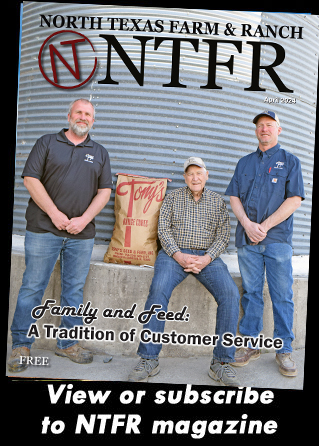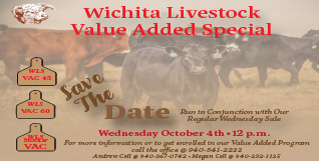Farm & Ranch
Producing Pigs – Farrowing Facts
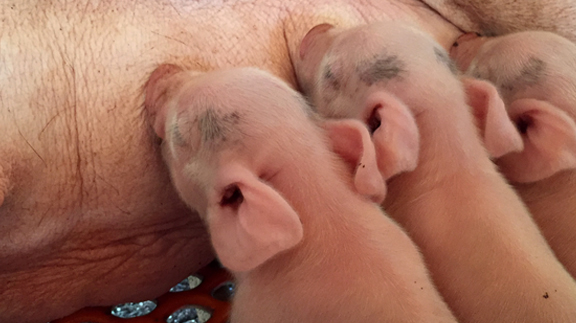
By Jessica Crabtree
Show season is upon us and all are looking for or preparing for a grand champion York, Hampshire or whatever your breed of interest. What few consider is all the work it took getting that prize-winning animal into the world. Much effort goes into having healthy and live piglets. Ask any breeder; they will tell you plenty can go wrong.
Vincent Farms located in Dorchester, Texas, has been breeding and raising pigs for years. Owners Josh and wife Chyna Vincent both had a background in show pigs and a love for the species. Josh, a former ag teacher, started raising pigs in 2004, beginning with only two sows. Today he owns and breeds 40 sows. When asked why he took his operation to the next level, Vincent replied, “We took the program to the size it is today to meet clients demands and to be able to offer a variety of breeds instead of just focusing on one, even though crosses are primarily what we raise, we have integrated purebred in the heard the past couple of years. Also by having more we are able to take many different genetic paths in our herd.”
Together the Vincents work many hours to make sure their pigs get the best care possible.
Raising 200 plus pigs now, the Vincents choose to artificially inseminate (AI) all their sows, raising cross bred and a select few of Berkshire, Chester, and Yorkshire breeds. This allows for ease when farrowing, knowing birth weights, boar history, etc., and allows for different bloodlines within their barn. All of which add to the chance of being the next grand champion at the local livestock fair.
To read more pick up a copy of the November 2016 NTFR issue.
Farm & Ranch
Hazards of Backyard Poultry
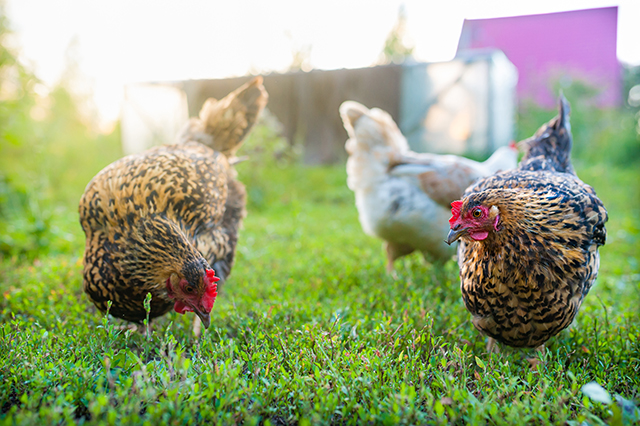
By Barry Whitworth, DVM
Having backyard poultry is a popular agriculture enterprise. According to the United States Department of Agriculture, 0.8 percent of all households in the United States have chickens. People keep chickens for a variety of reasons with table eggs being one of the more common reasons.
Unfortunately, some of these poultry producers are not aware of the hazards that come with keeping poultry because many times they carry pathogens but appear healthy.
Chickens are carriers of several zoonotic diseases. These are diseases that can be passed from animals to humans. According to a recent survey in Pennsylvania, a majority of backyard poultry producers were aware of the dangers of avian influenza. However, this study also revealed that far fewer producers were aware of the risk of possible exposure to Salmonella and Campylobacter.
The lack of knowledge about the hazards of raising poultry likely contributes to the continued issues of Salmonella outbreaks associated with backyard poultry. In 2023, the Centers for Disease Control and Prevention reported 1,072 illnesses of Salmonella linked to backyard poultry, and 272 of those patients required hospitalization. Oklahoma reported 43 individuals with the disease.
To read more, pick up a copy of the April issue of NTFR magazine. To subscribe by mail, call 940-872-5922.
Farm & Ranch
Ag Elsewhere: Wyoming
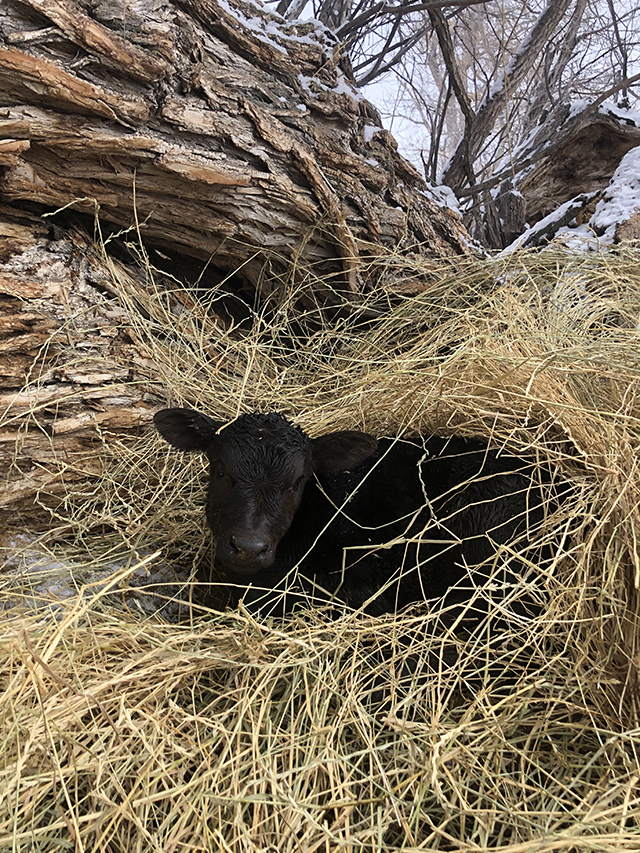
By Tressa Lawrence
Babies are tucked away in every nook and cranny. Many ranchers across Wyoming have baby animals popping up all over this time of year.
Farm & Ranch
Ag Elsewhere: Montana
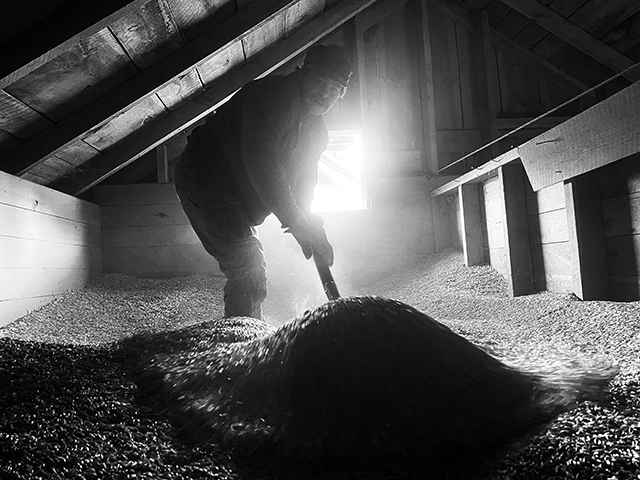
By Lindsey Monk
Another load of grain in to keep feeding the calves until the green grass can really start popping.
-

 Country Lifestyles1 year ago
Country Lifestyles1 year agoScott & Stacey Schumacher: A Growth Mindset
-

 Equine7 months ago
Equine7 months agoThe Will to Win
-

 Country Lifestyles7 years ago
Country Lifestyles7 years agoStyle Your Profile – What your style cowboy hat says about you and new trends in 2017
-

 Country Lifestyles4 years ago
Country Lifestyles4 years agoAmber Crawford, Breakaway Roper
-

 HOME7 years ago
HOME7 years agoGrazing North Texas – Wilman Lovegrass
-

 Country Lifestyles7 years ago
Country Lifestyles7 years agoDecember 2016 Profile, Rusty Riddle – The Riddle Way
-

 Country Lifestyles8 years ago
Country Lifestyles8 years agoJune 2016 Profile – The man behind the mic: Bob Tallman
-

 Outdoor9 years ago
Outdoor9 years agoButtercup or Primrose?

